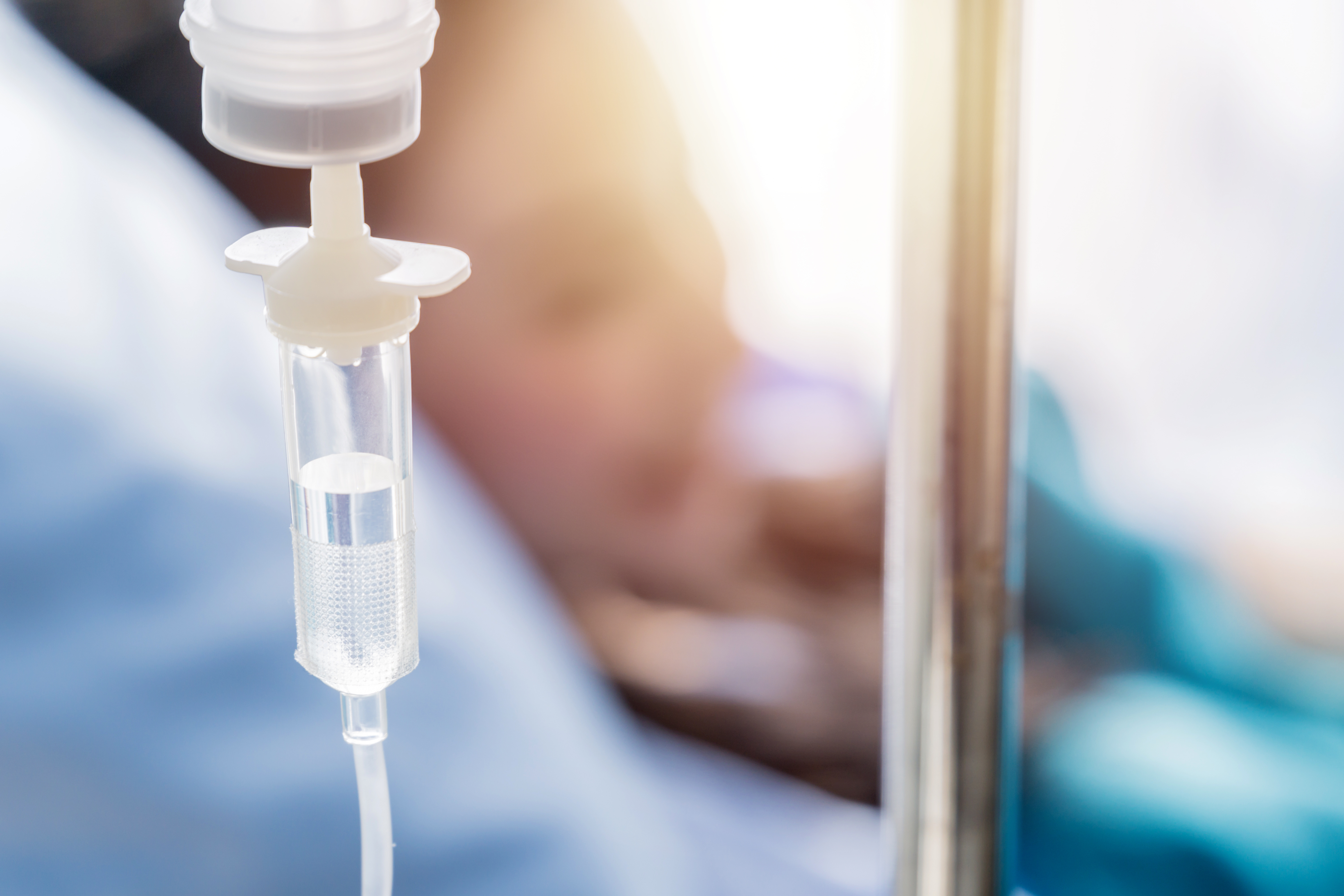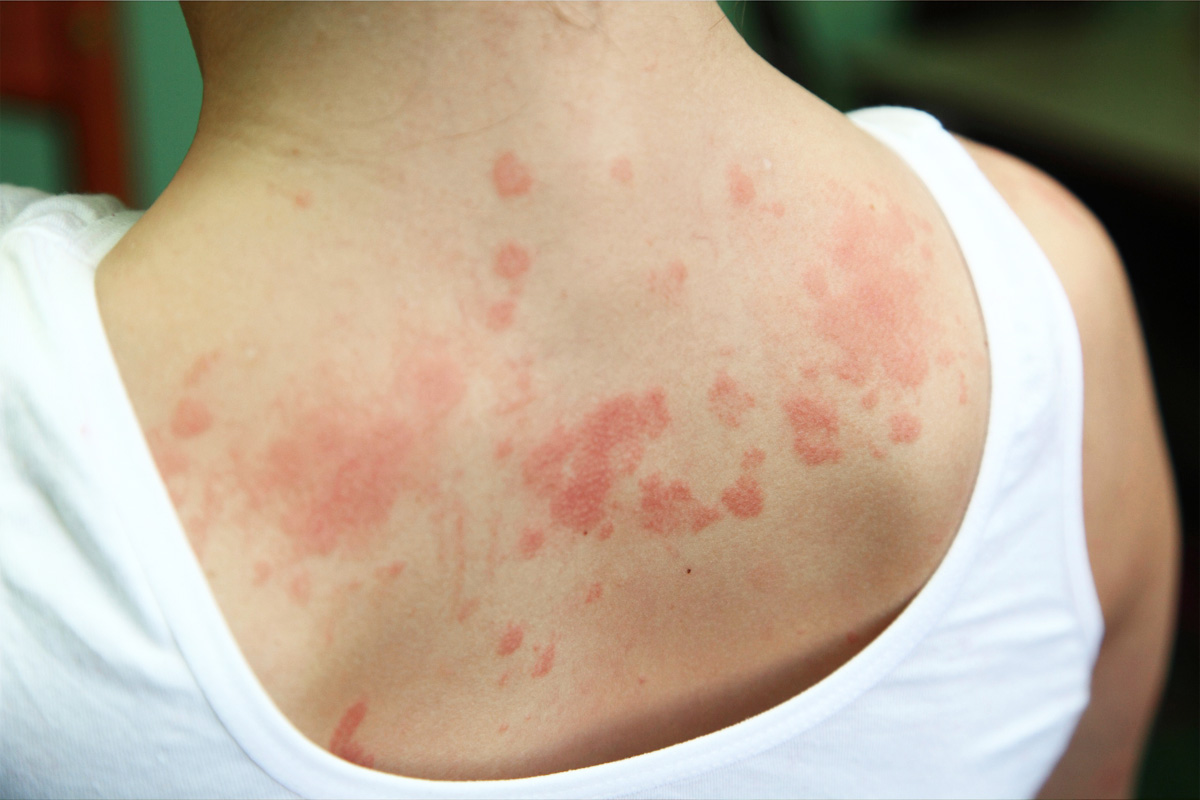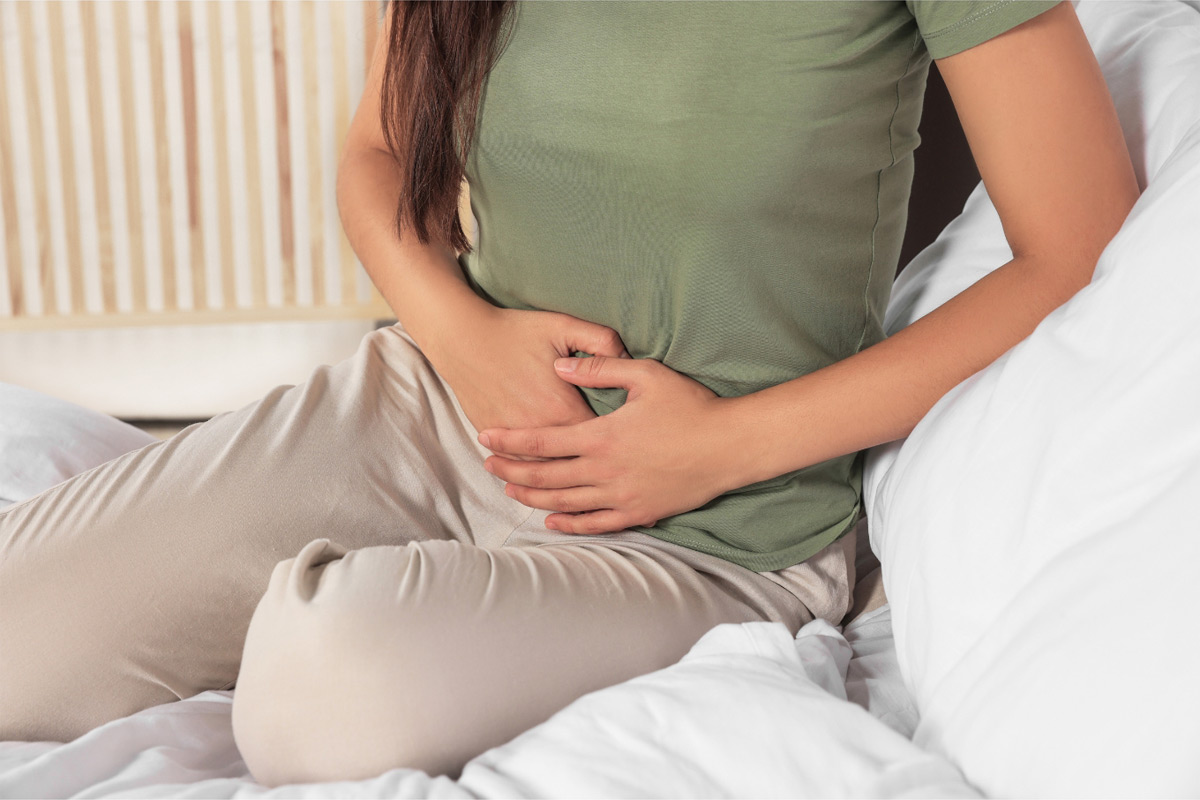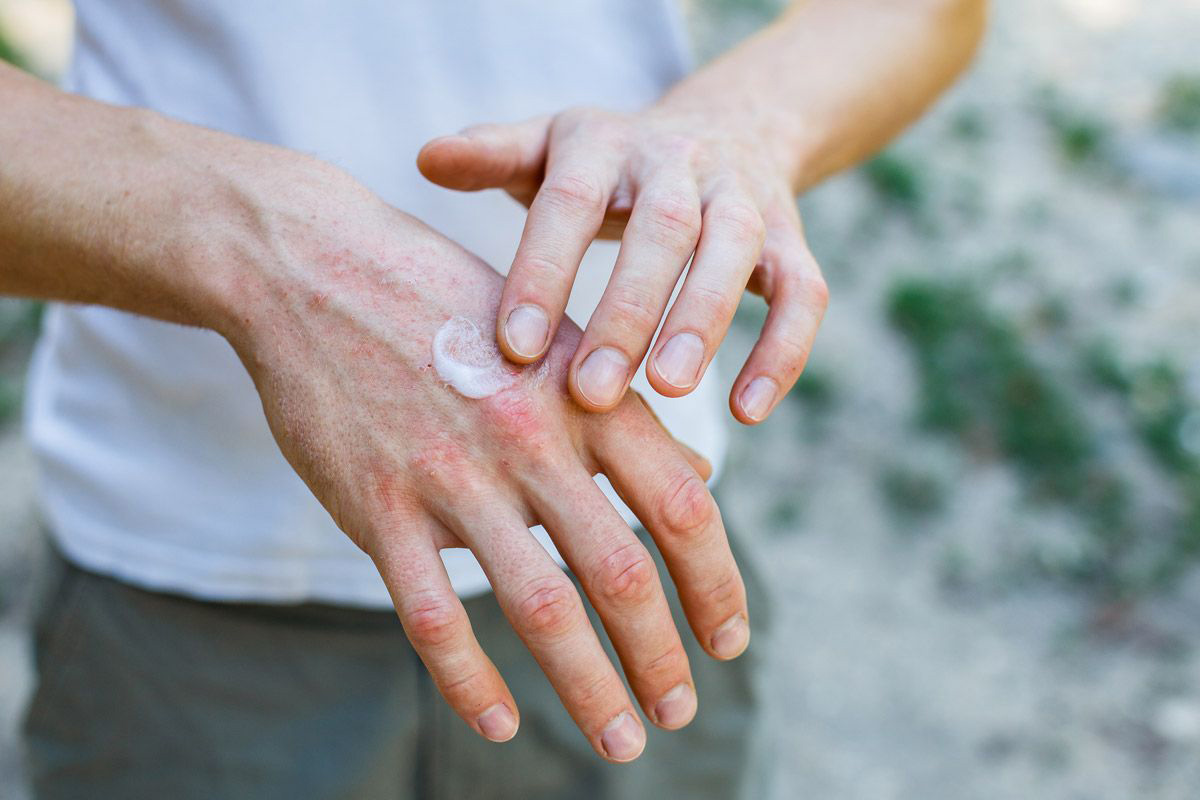Your body loses water on a daily basis through breathing, perspiration, bowel movements and urination and even through saliva and tears. Approximately 55-75% of the body is composed of water and water is essential to sustain life. Dehydration occurs when you lose more fluids than you take in, leaving your body unable to carry out its normal functions and keep its temperature under control.
The lost fluids must be replaced daily by drinking fluids and eating foods containing water in order to prevent dehydration. During times of illness, when you have a fever, excessive sweating, diarrhea, and/or vomiting, or if you suffer significant blood loss due to trauma (hypovolemia), you lose substantial amounts of fluids that need to be restored. Dehydration is especially dangerous for young children and the elderly as their recovery time is slower.
Poor hydration affects even the young and healthy, though, affecting athletic performance, as well as reduced cognitive performance. Even mild dehydration can impair brain function, including mood, energy, concentration, and memory. It can create feelings of anxiety and cause headaches, thus affecting the overall quality of life.
What are the signs of dehydration?
Signs of mild to moderate dehydration include: feeling thirsty, having a dry mouth, infrequent and low volume of urination, urine that is dark yellow in color, headaches, muscle cramps, feeling hot although skin is cool to the touch, dry skin, ‘wrinkled’ fingertips, sunken eyes.

Mild dehydration can cause constipation as the stool becomes harder and drier, which may lead to cramps and hemorrhoids. This in turn can induce digestive tract problems. Dehydration is also associated with obesity, cardiovascular disease and oral health caused by lack of saliva. The condition known as dry mouth can result in bad breath, mouth sores, bacteria proliferation, tooth decay, tooth sensitivity, cracked lips, hoarse throat, burning sensation on the tongue and inflammation inside the soft tissue of the mouth.
How do I know if I am having severe dehydration?
Signs of severe dehydration include: dizziness or lightheadedness, confusion, extreme fatigue, rapid heartbeat, difficulty breathing, chest or abdominal pain, sunken eyes, dry skin, loss of skin elasticity, ‘wrinkled’ fingertips, difficulty urinating, the inability to cry or sweat, extreme thirst, high fever, loss of consciousness, or seizures.
What role do electrolytes play in rehydration?

Dehydration can cause an electrolyte imbalance, which will have a severely negative impact on your health. Electrolytes are certain vital nutrients that play an important role in regulating the heartbeat, aiding in muscle movement, stimulating the nerves and helping to balance fluid levels in the body. They are potassium, sodium, calcium, magnesium, chloride, and phosphate. Drinking water consistently will ensure that electrolyte levels will not rise or fall too much.
If you lose too many electrolytes, your body can no longer carry the electrical signals it uses to communicate with your organs and can result in seizures. To prevent problems associated with electrolyte loss, if you have symptoms of dehydration, make sure you are getting sufficient sodium and potassium by drinking a sports drink like Gatorade or other prepared electrolyte-restoring drink to add the electrolytes back into your bloodstream. For children, there are over-the-counter preparations to restore electrolytes.
What can cause dehydration?
Any illness or treatment with symptoms such as fever, diarrhea, vomiting, and lack of appetite can cause you to become dehydrated. The following is a list of some of the many possible causes:
- Sicknesses, such as influenza or other viruses that cause fever, diarrhea, vomiting, and loss of appetite
- Hypernatremia – high sodium levels in the blood which can result in seizures and death
- Hyponatremia – low sodium levels in the blood that can result in seizures and coma, sometimes caused by a salt-restricted diet
- Excessive consumption of alcohol, which is a diuretic, will cause your body to flush fluids from your blood thru your kidneys and bladder much faster than other liquids, quickly causing dehydration
- Fasting
- Not taking in sufficient nutrition and fluids
- Drugs that increase urine output (diuretics), antibiotics, corticosteroids
- Staying out in the heat without proper hydration
- Prolonged exertion through exercise or strenuous work without sufficient hydration
- Widespread burns on the skin
- Vomiting and/or diarrhea from any cause
- Kidney disease or kidney damage that causes your kidneys to struggle to keep the fluids in your body balanced, which will cause dehydration
- Chemotherapy treatments or radiation that may cause vomiting and diarrhea
- Strep Throat when it causes swallowing to be painful leading to less fluid intake
- The lack of ADH – Antidiuretic Hormone, which condition causes the kidneys to rid the body of too much fluid, leaving the individual extraordinarily thirsty and dehydrated
- Diabetes, which causes a specific type of sugar to build up in your blood, forcing the kidneys to work harder in order to absorb and filter the extra glucose. When your kidneys cannot keep up, the extra glucose is expelled into the urine along with other fluids, causing dehydration
How can I prevent dehydration?
To prevent dehydration:
- Drink plenty of fluids, especially if you live in a hot climate or are sunbathing, playing or working in the sun.
- Don’t wait until you feel thirsty to drink.
- Drink caffeine-free liquids throughout the day whether you are thirsty or not.
- Have between six and eight cups of fluids a day or more if temperatures are high, you are out in the heat, or you are exerting yourself more than usual.
- Don’t skip meals as you get much of your fluids from the foods you eat.
- Avoid high-protein drinks, alcoholic beverages, and caffeinated drinks as they are diuretics that leach water out of your body and can cause dehydration.
- Eat a balanced diet including fruits and vegetables that are high in water content.
- Drink extra water before, during, and after exercising.
Staying hydrated is an ongoing lifestyle behavior that should include healthy eating, regular exercise, getting sufficient sleep, and practicing stress-reduction.
What are the best treatments for dehydration?

The best treatment for dehydration depends on the age of the individual, the severity and cause of the dehydration. Replacing the lost fluids and lost electrolytes is the only effective treatment. For infants and children who have become dehydrated due to illness involving diarrhea and vomiting, an over-the-counter oral rehydration solution that contains water and salts in specific proportions will replenish both fluids and electrolytes. For adults, an electrolyte-restoring sports drink will serve the same purpose.
In cases of severe dehydration from any cause come in and see us. We will evaluate your situation and get you rehydrated and feeling good quickly.




